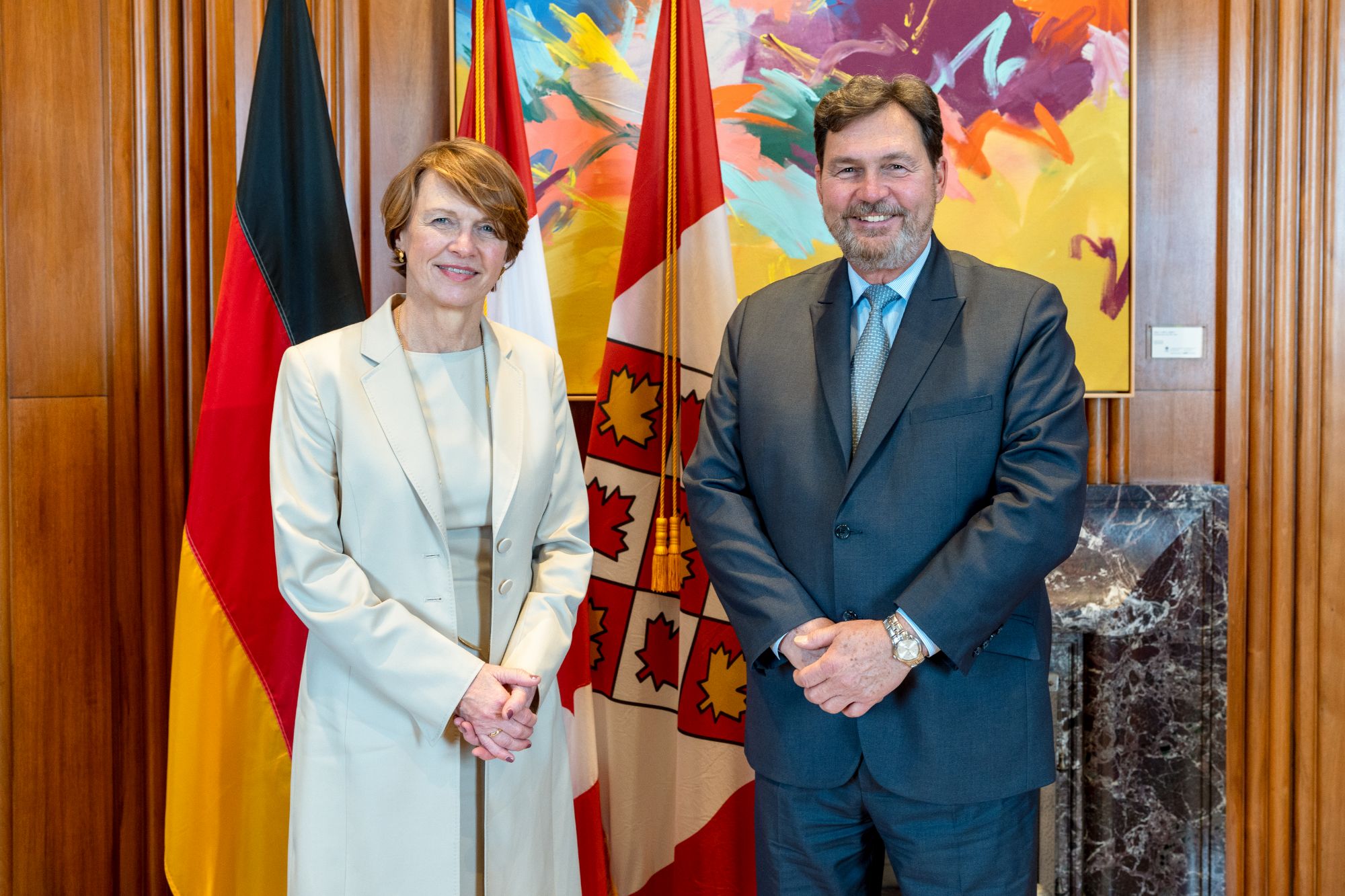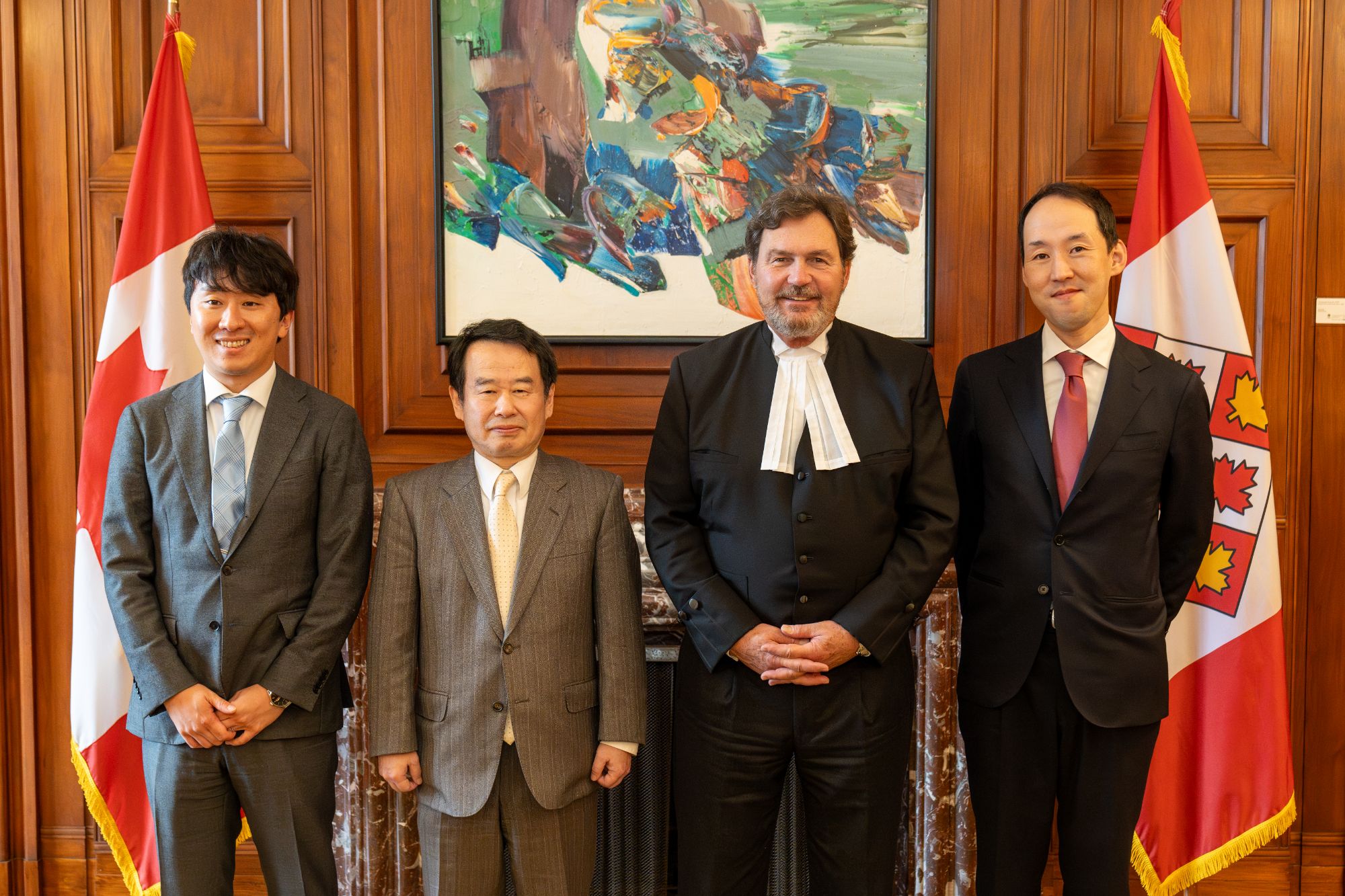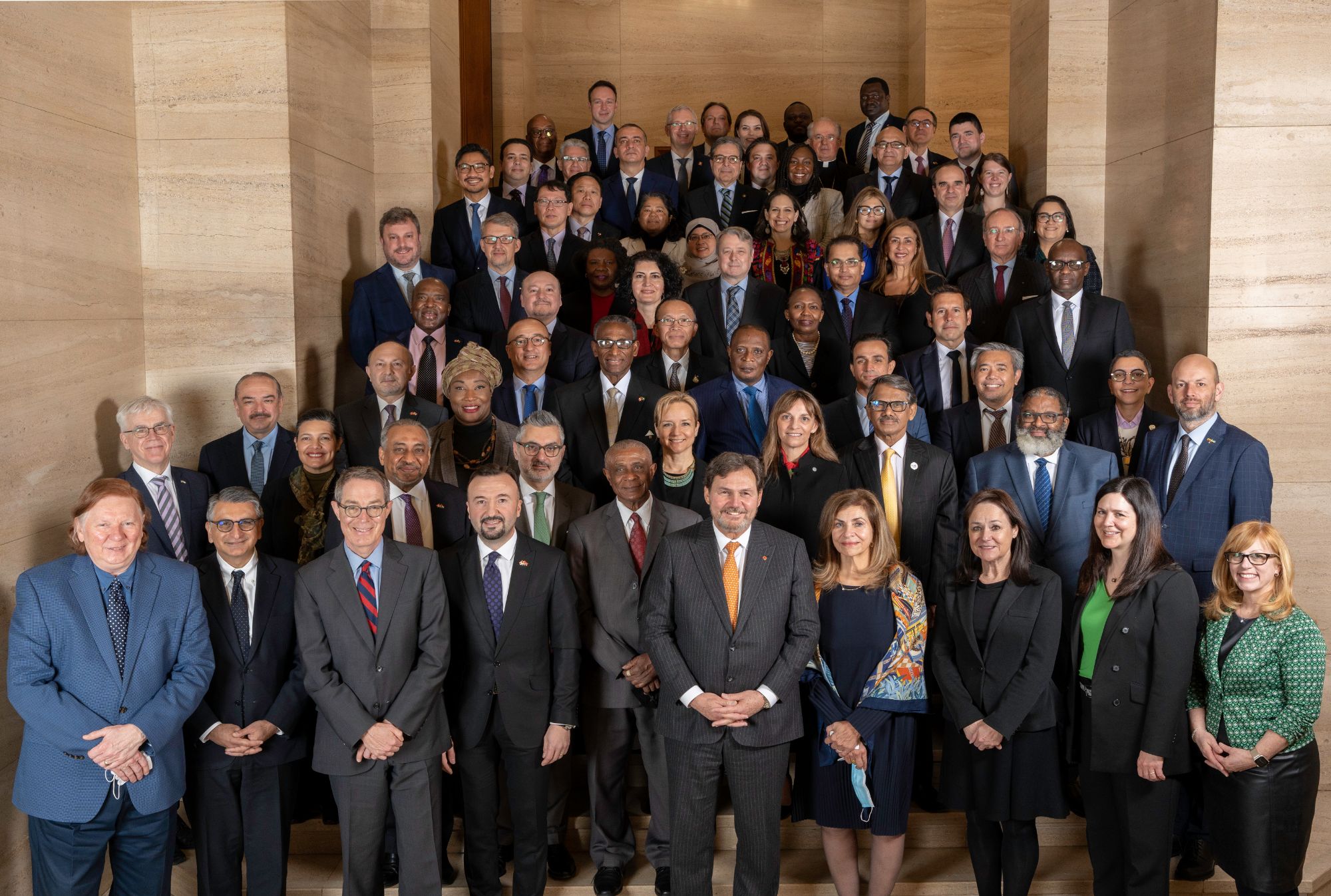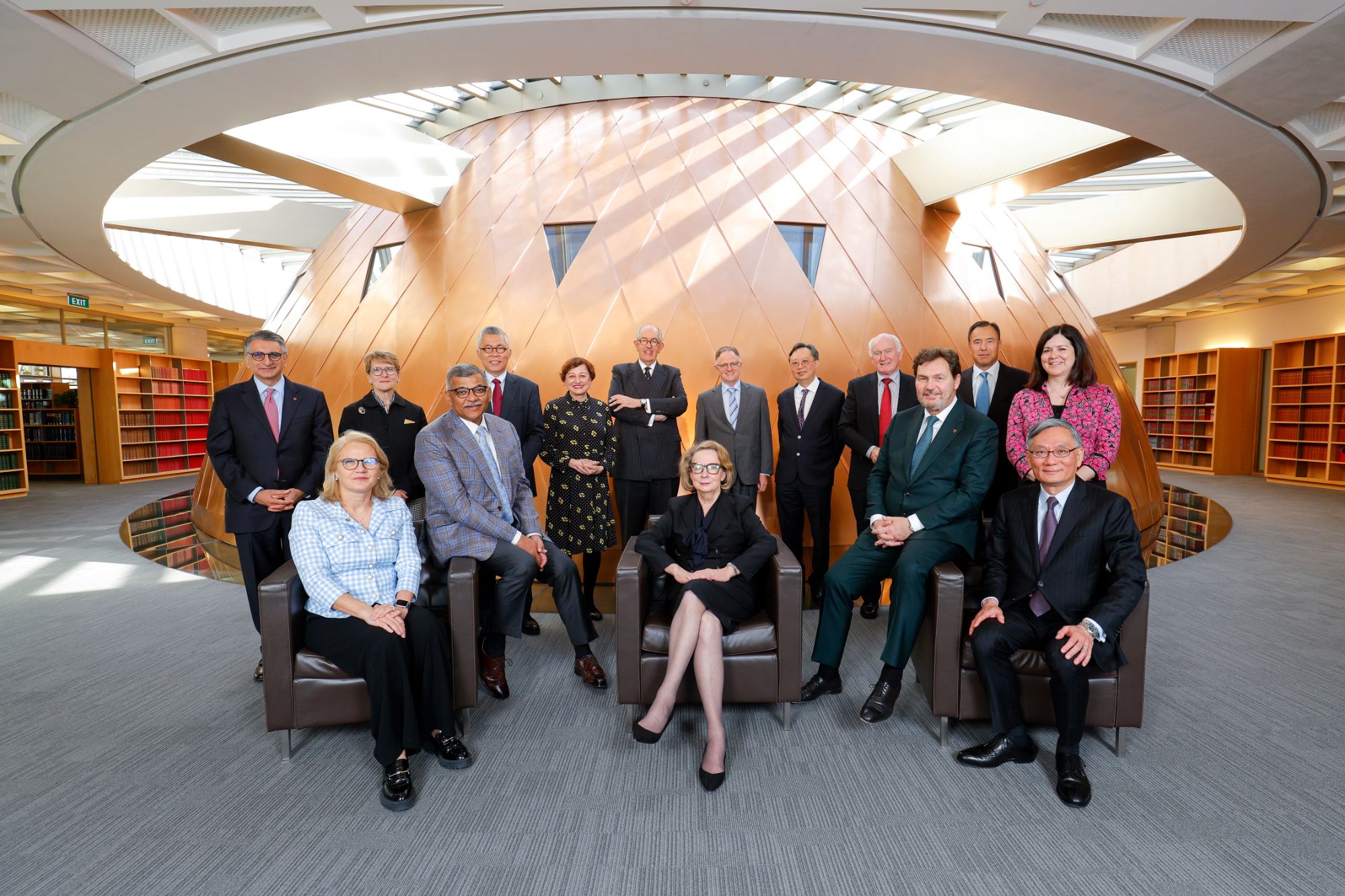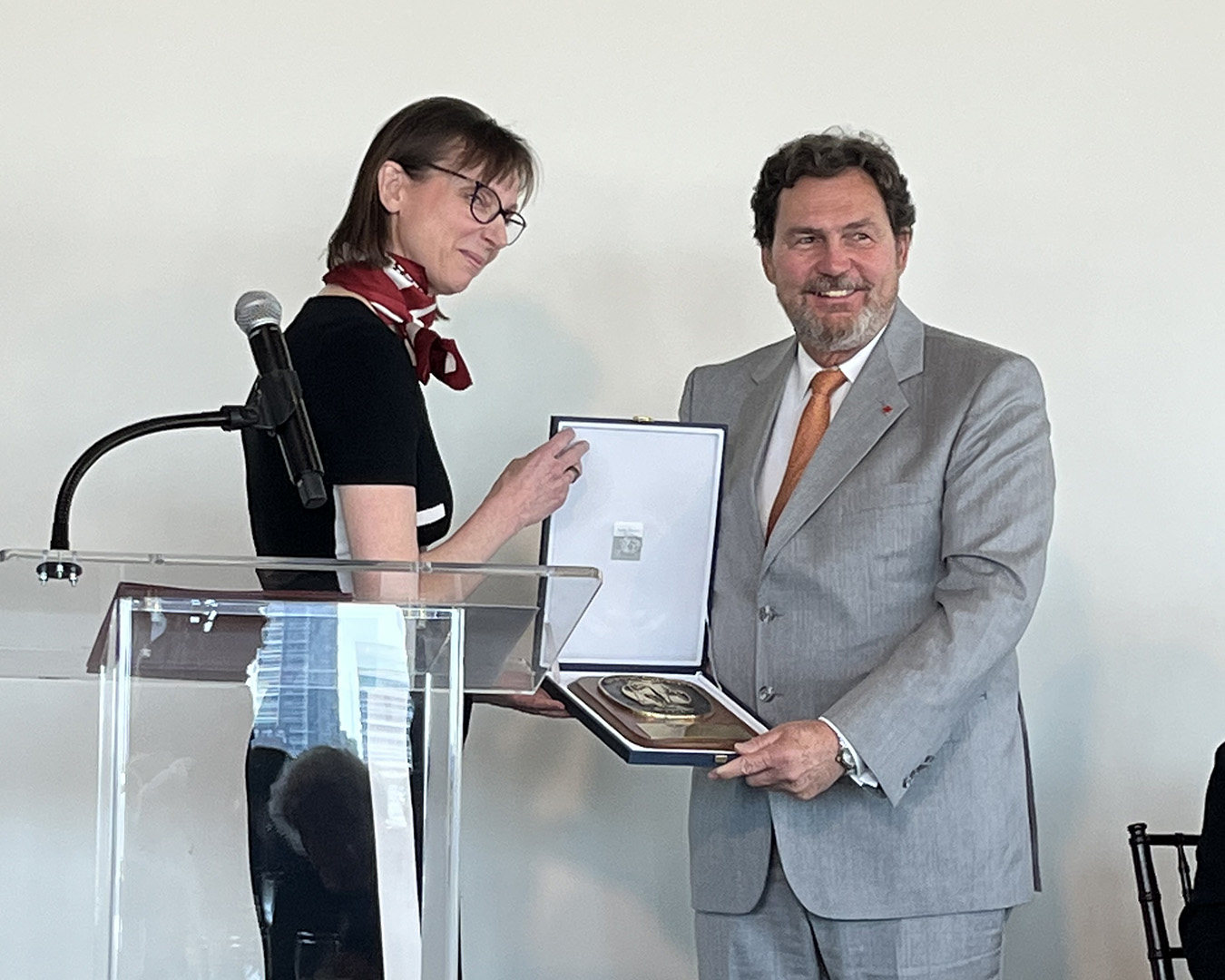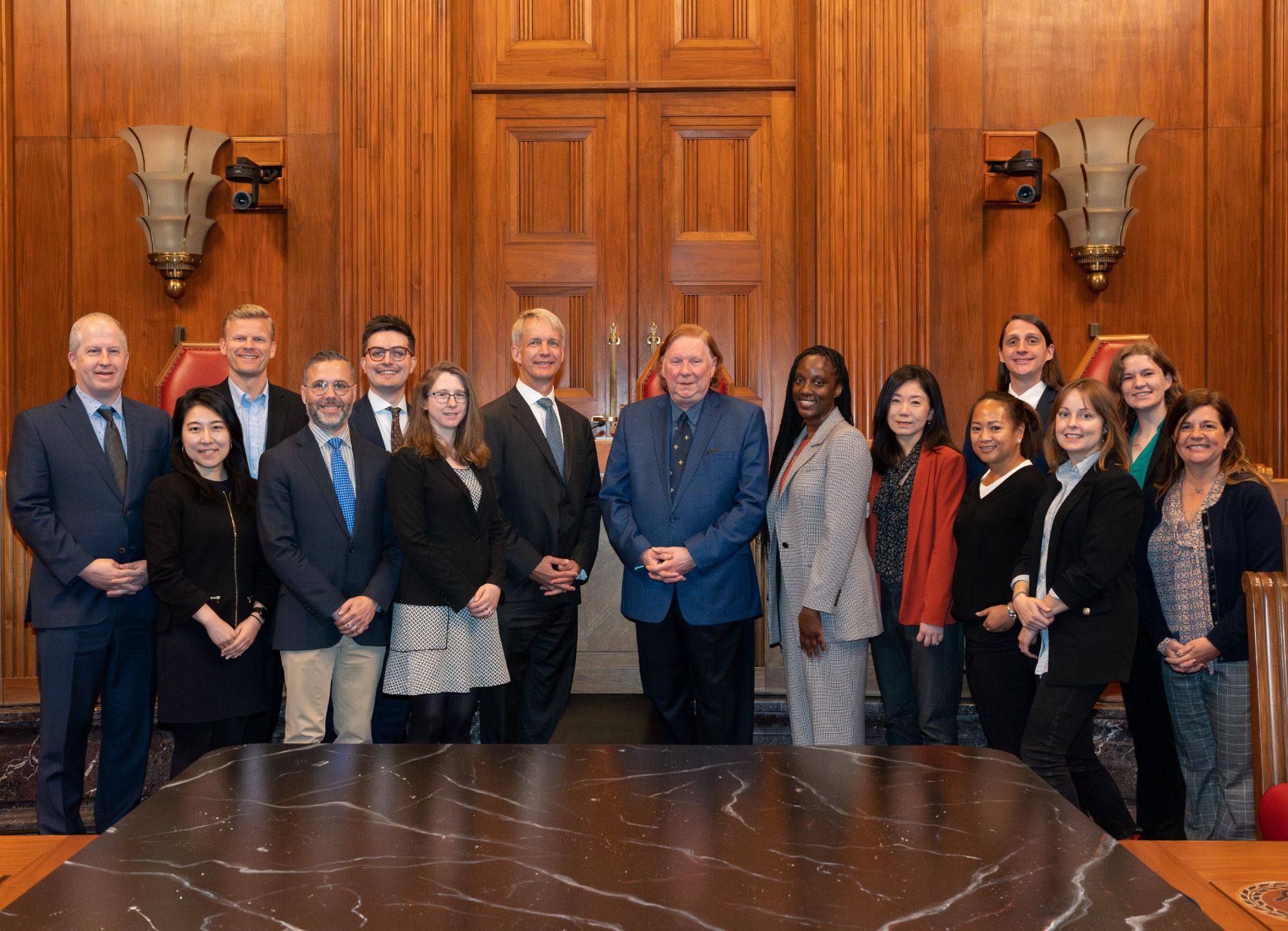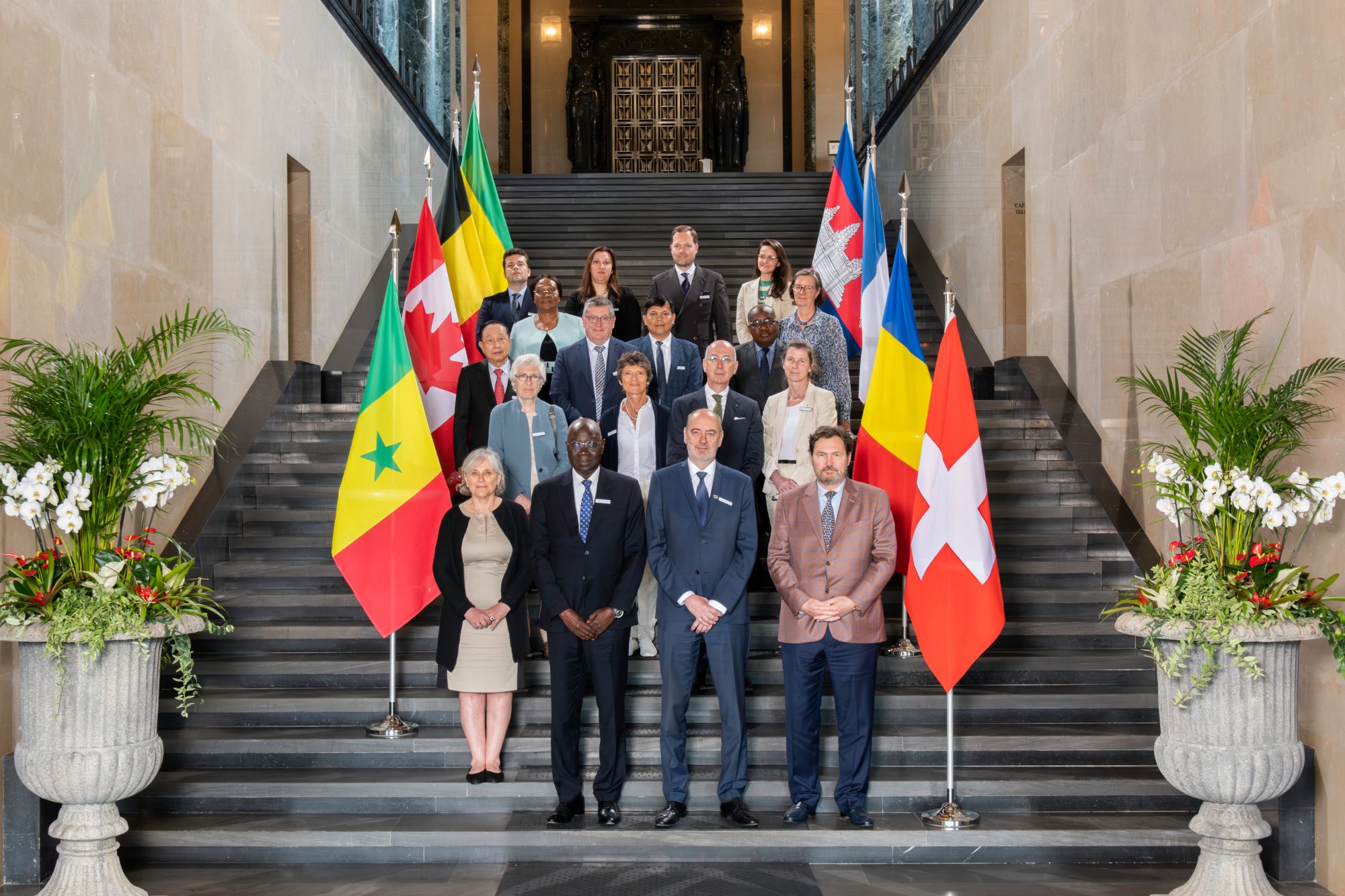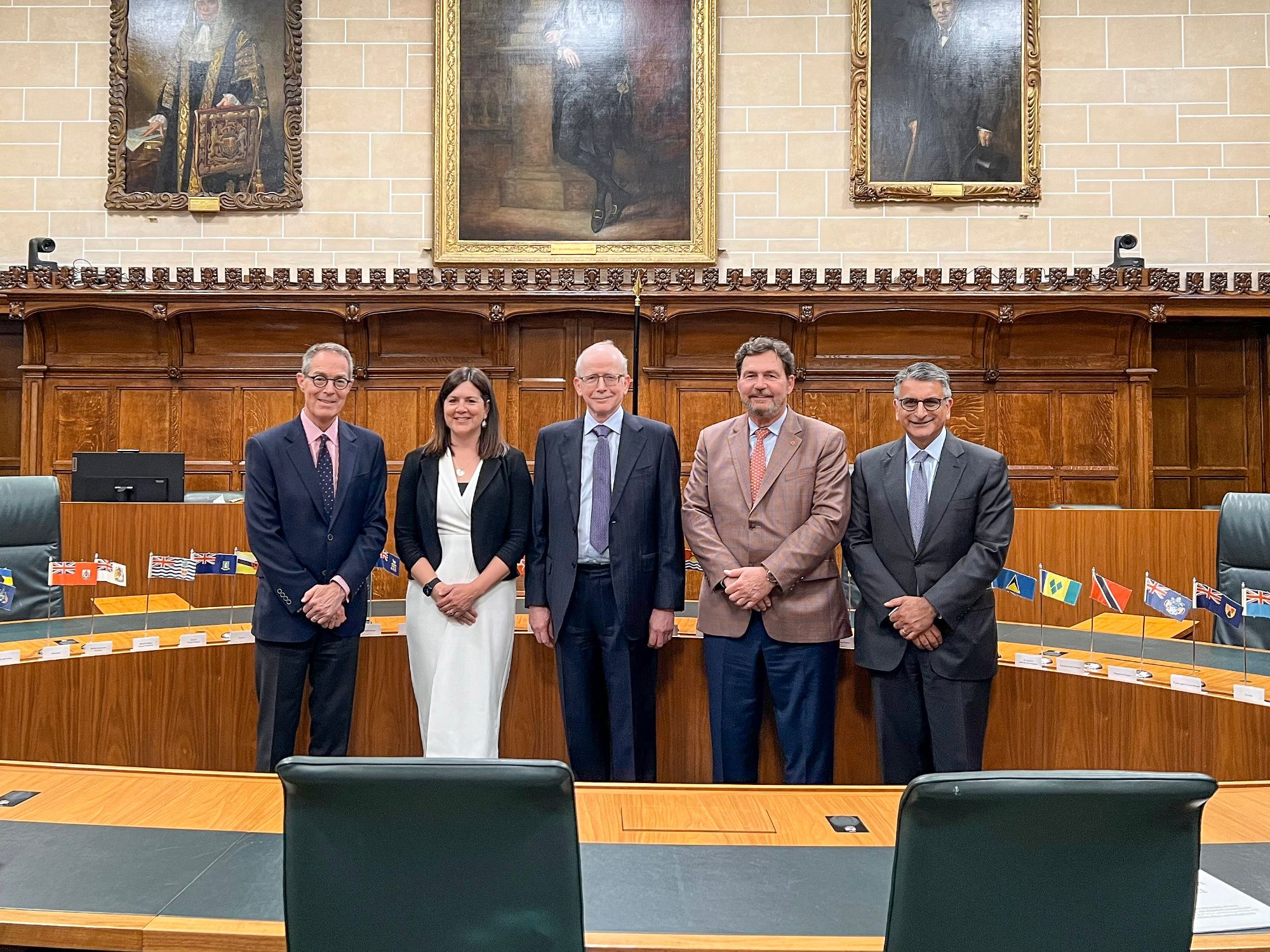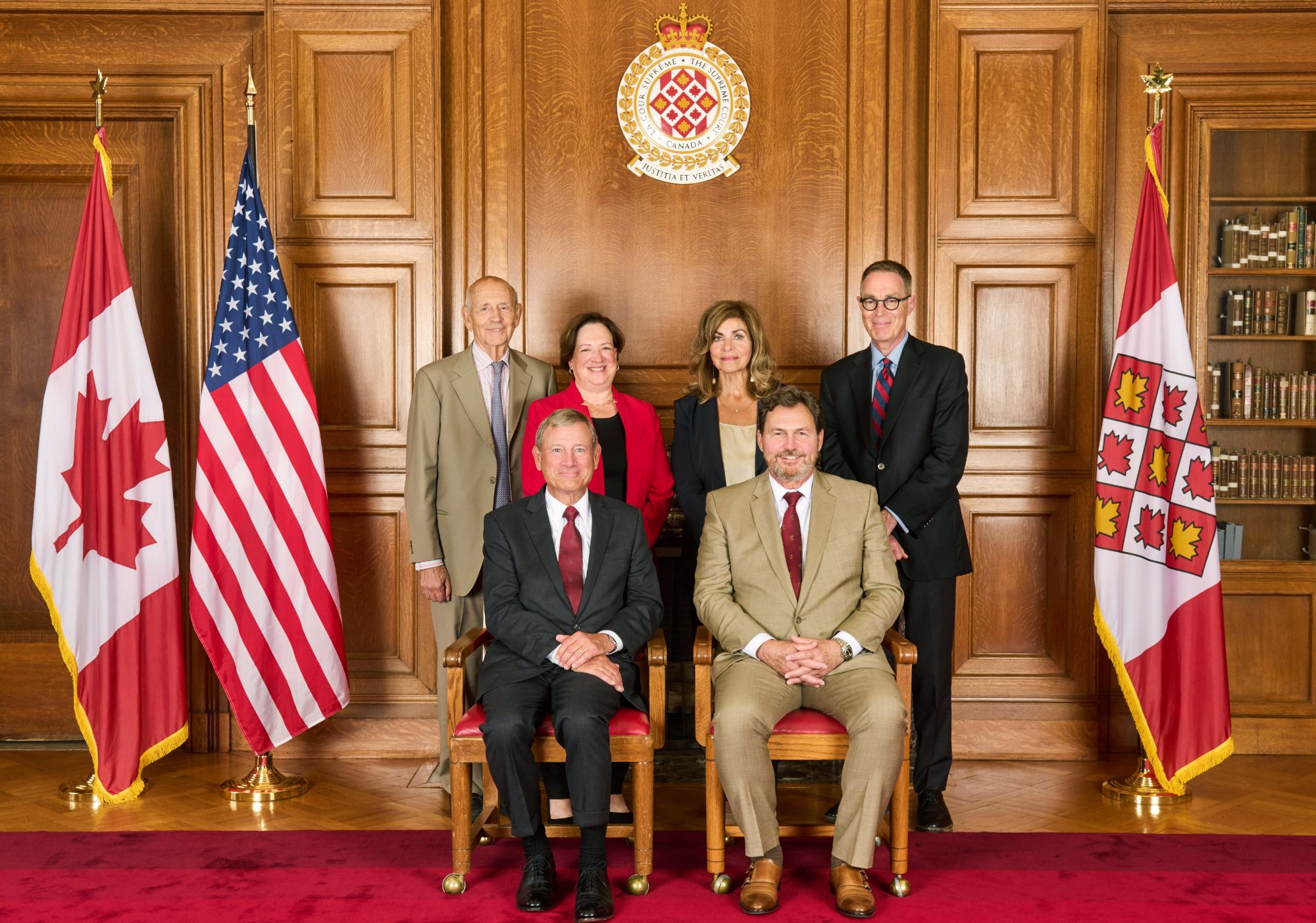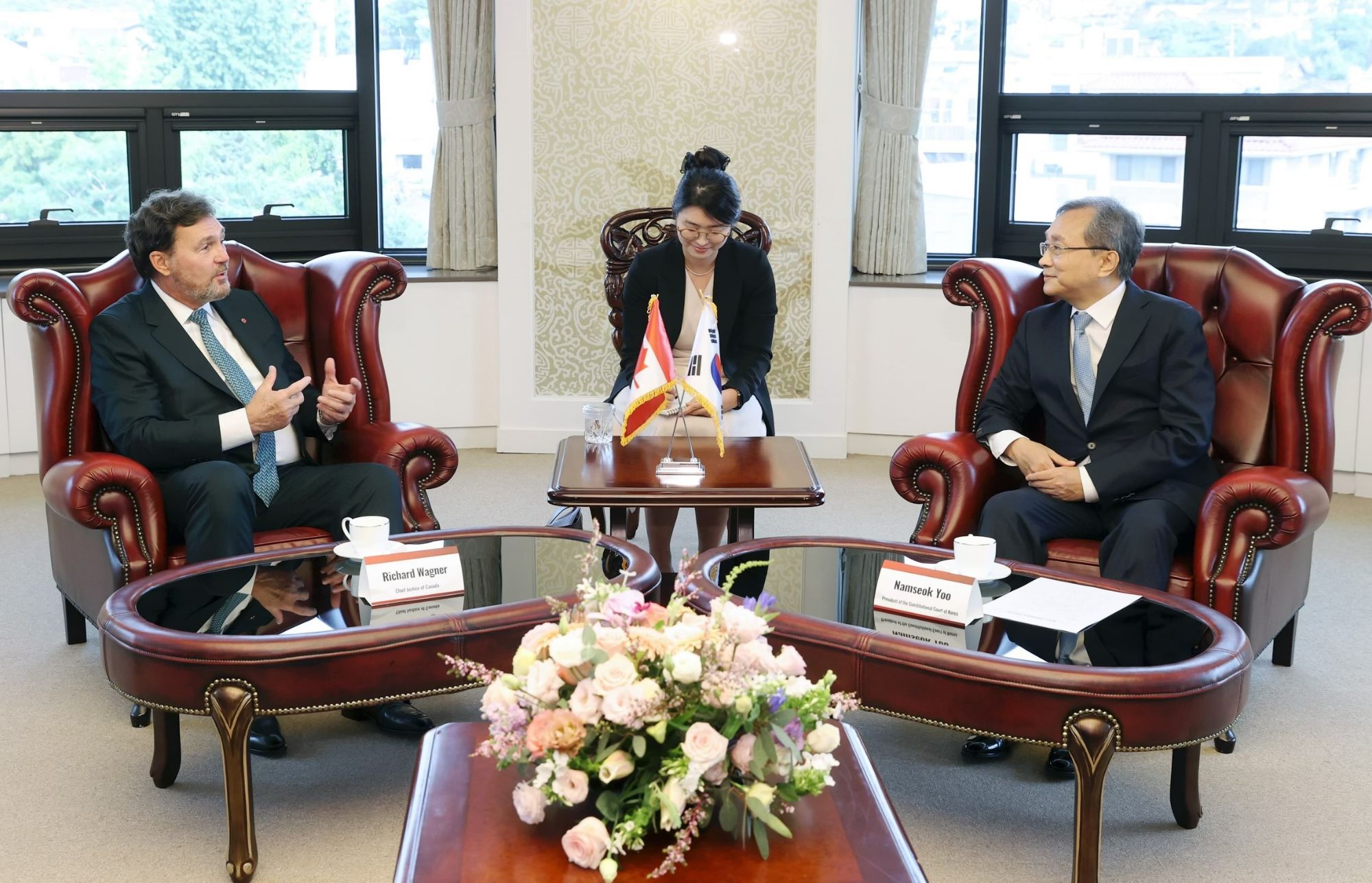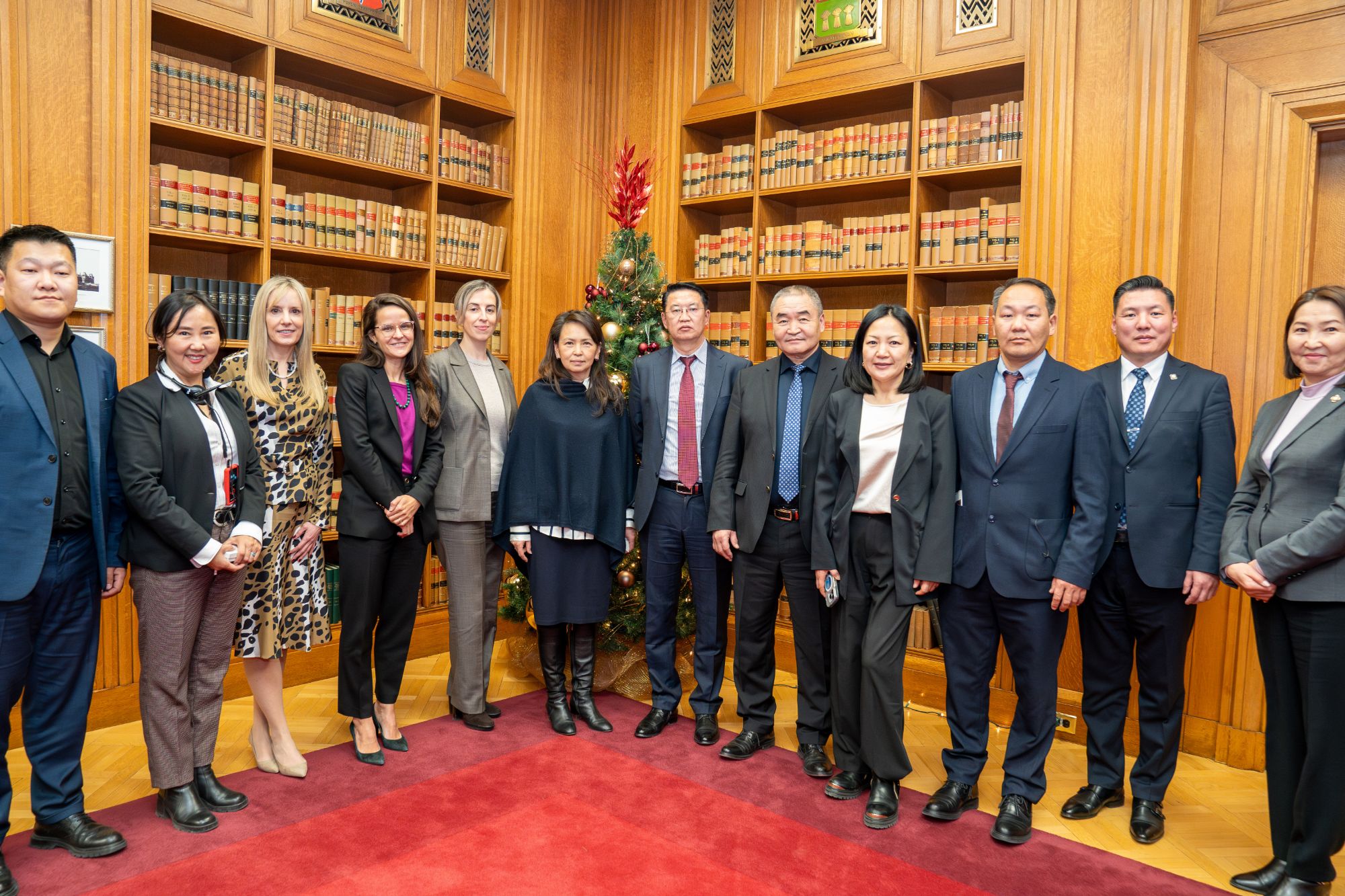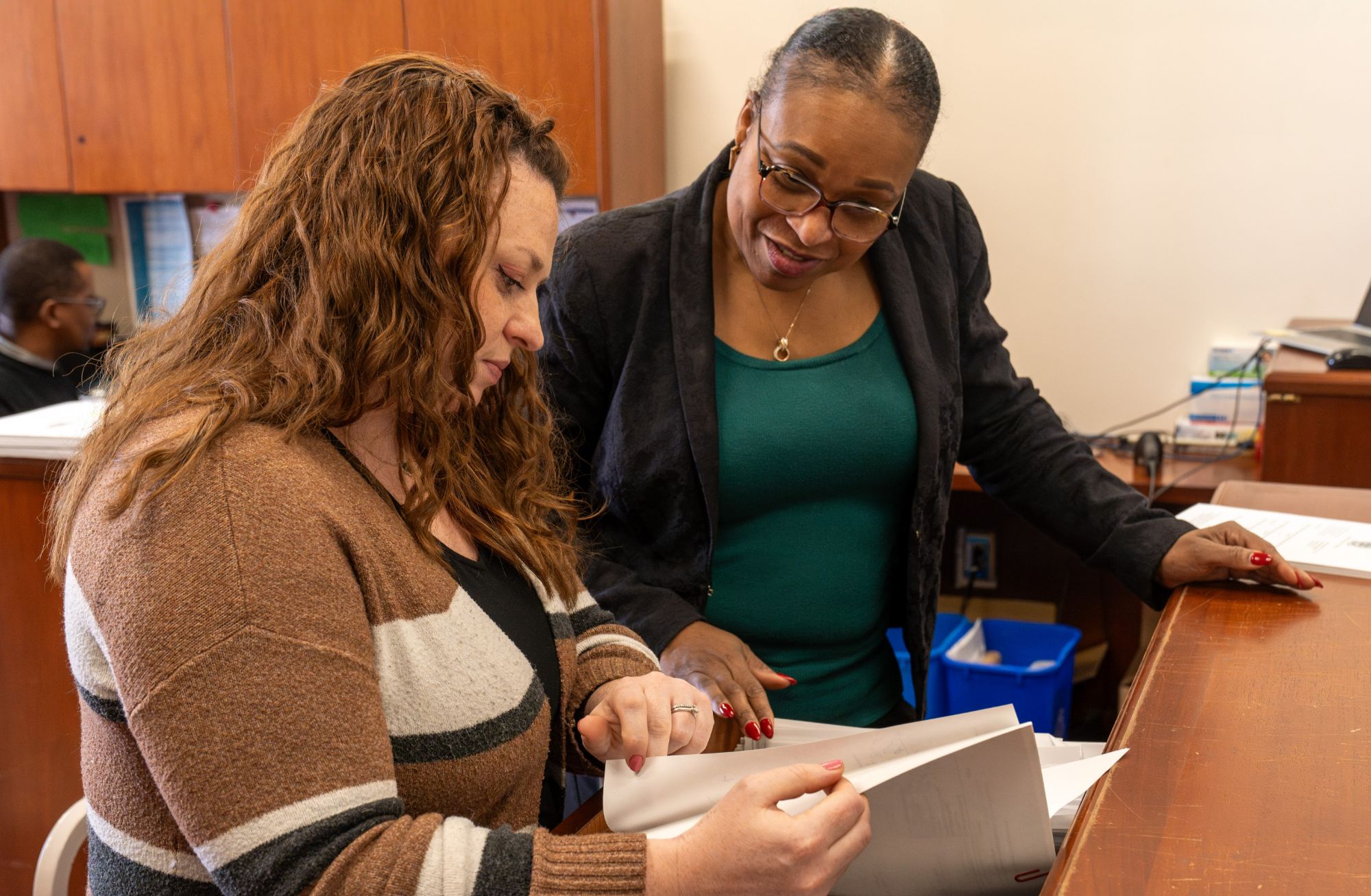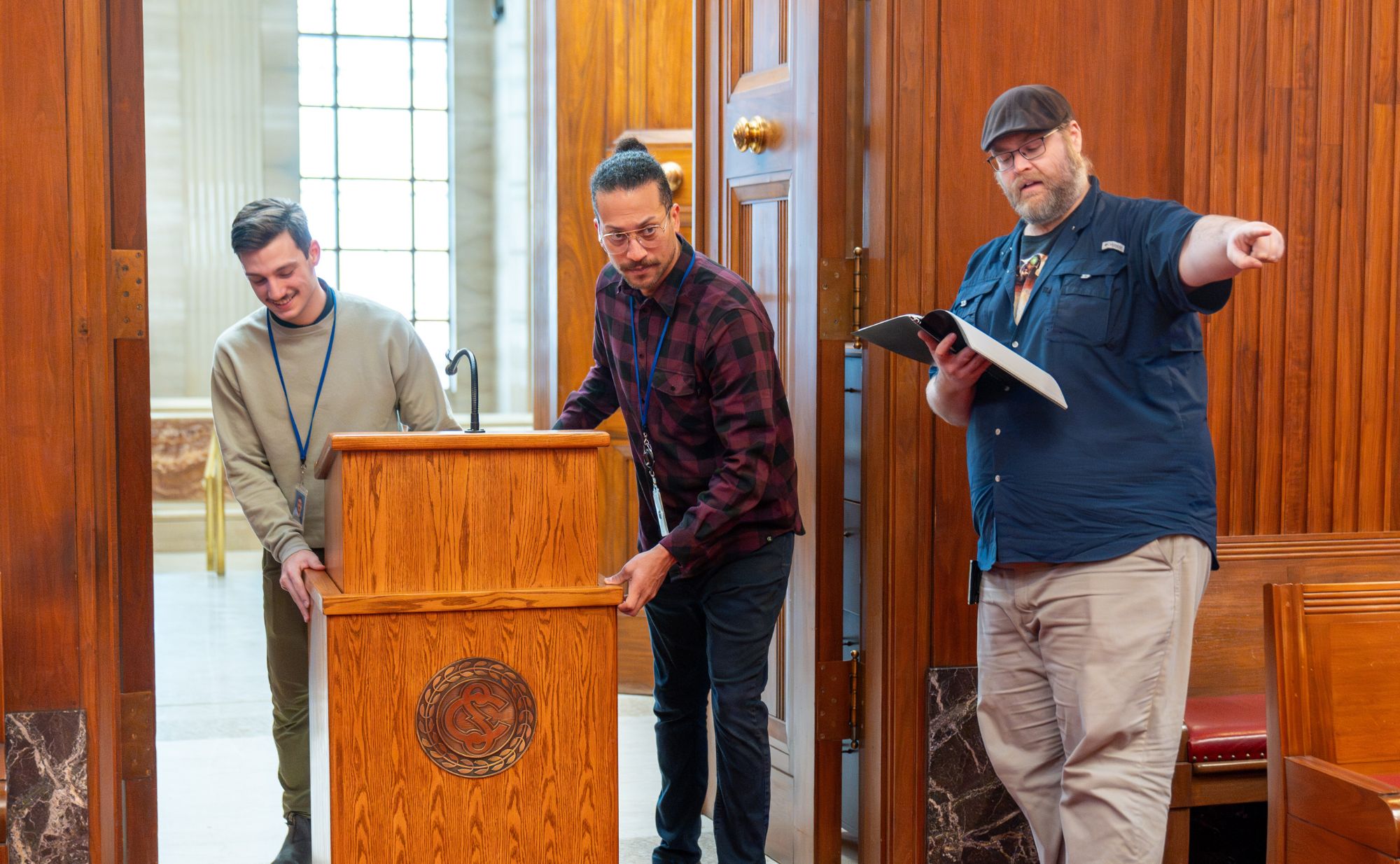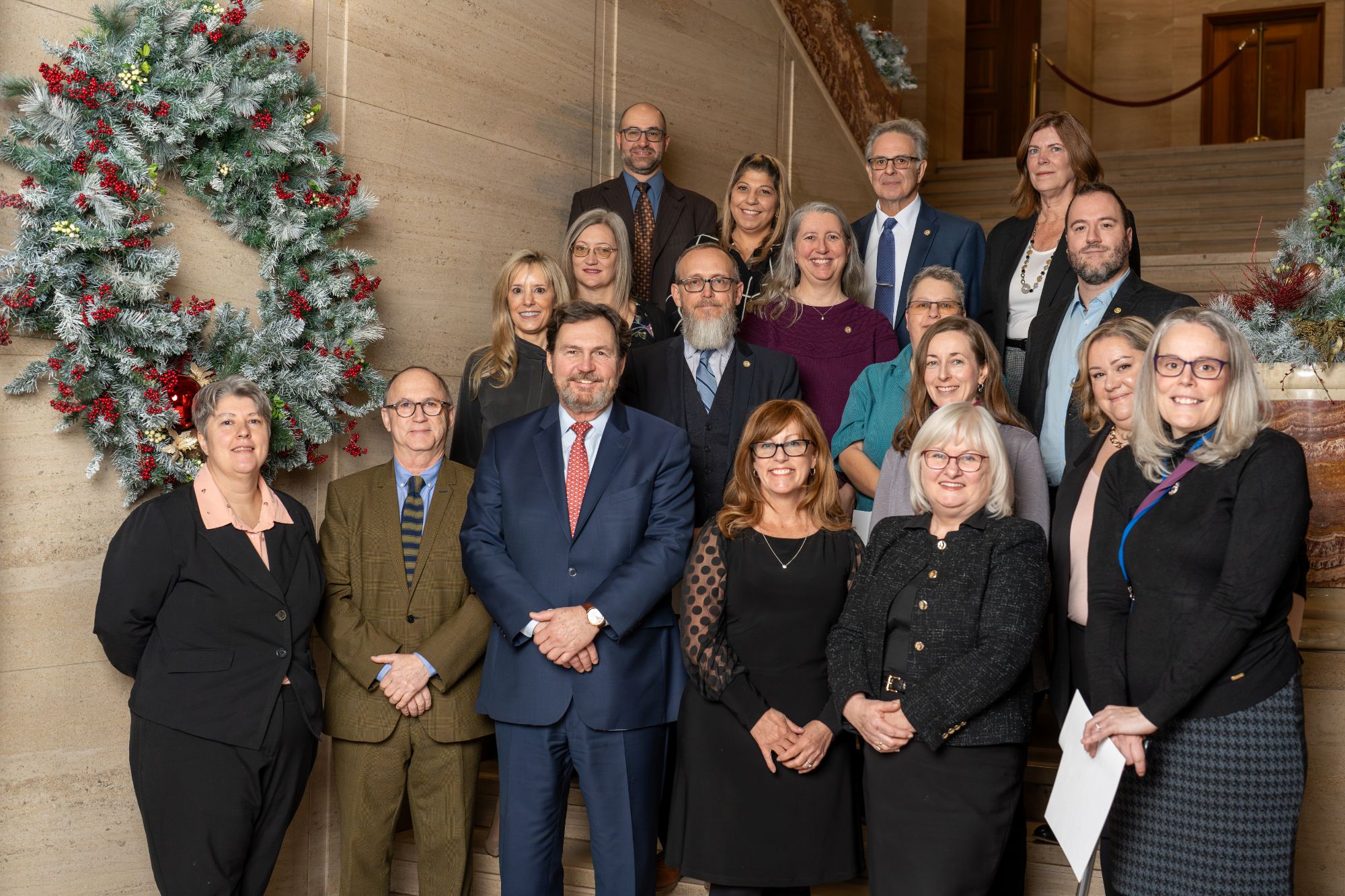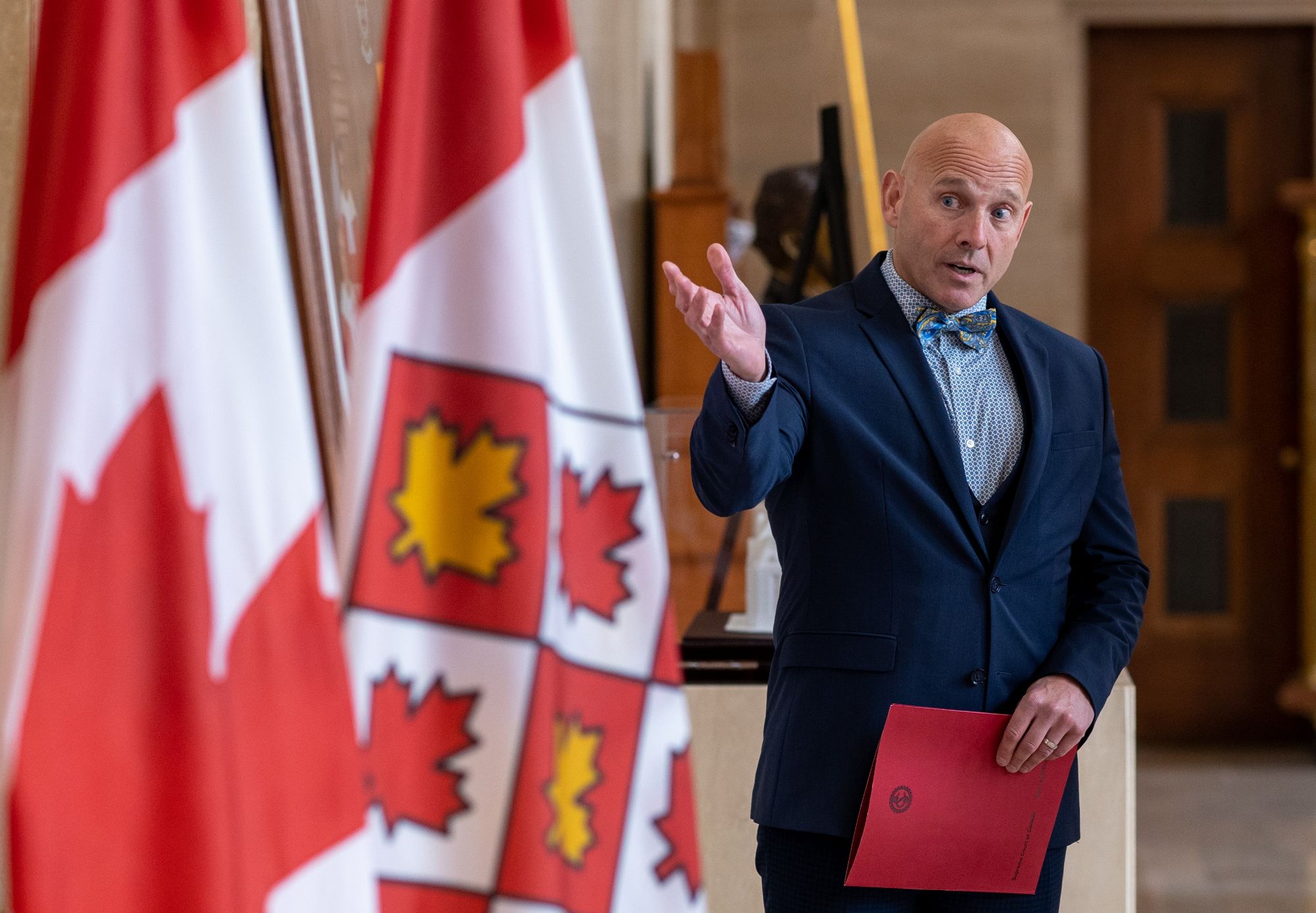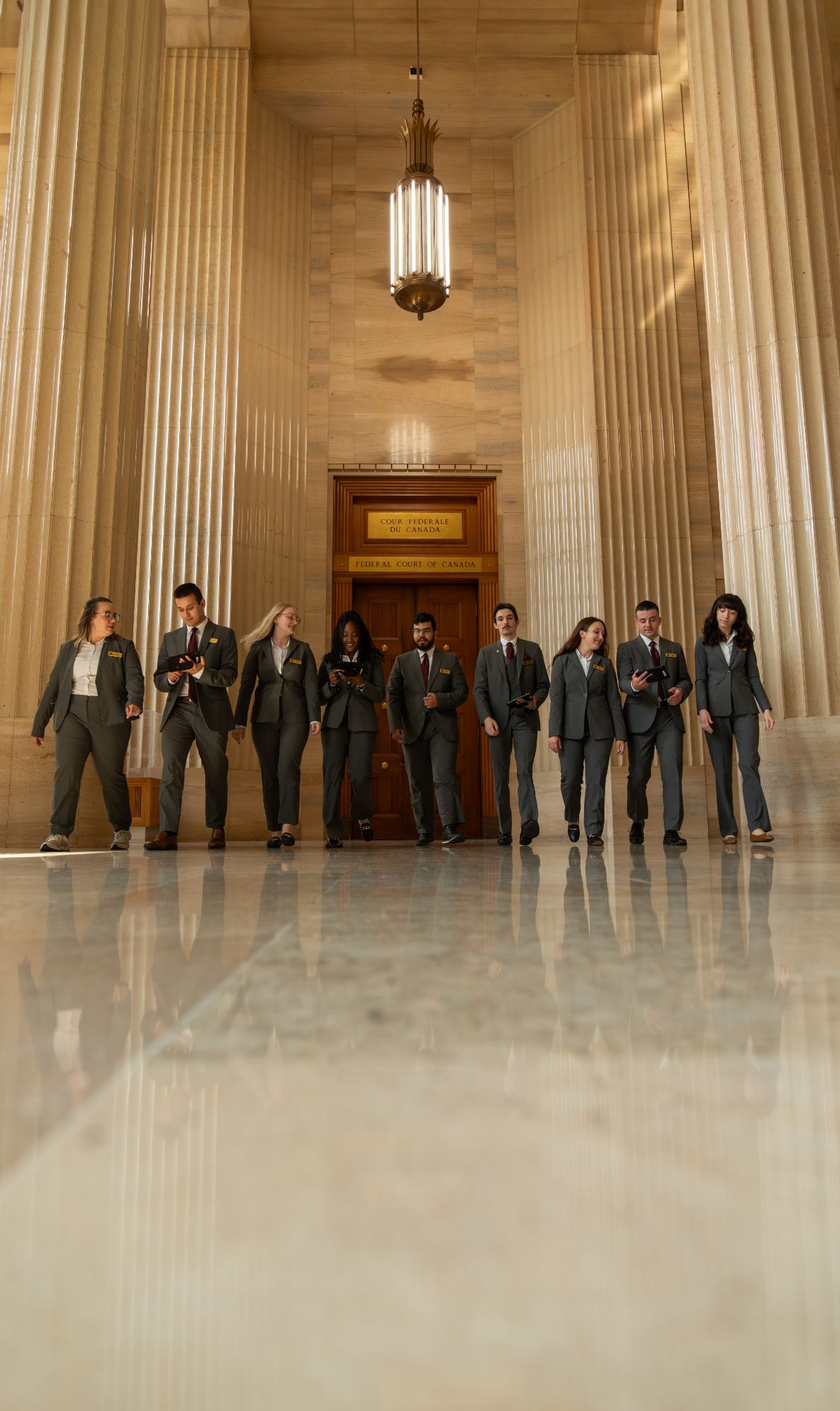Outreach and Education
The Court is pleased to engage in a wide variety of education and outreach initiatives throughout the year directed at teachers and students, members of the legal community, and the public at large. Promoting understanding of the Court’s role is essential, given that its decisions have an impact on our society. These efforts also allow young people to gain insight into possible career paths in the law.
Strengthening Awareness of the Supreme Court’s Role
Consistent with its efforts to promote openness and transparency, the Court is pleased to welcome individuals and school groups for guided tours, both in-person and online. These tours offer not just a look inside our historic building, but a chance to hear more about the role and function of the Court from one of our knowledgeable, bilingual guides.
The Supreme Court also strives to empower educators with the knowledge and tools they need to teach the next generation of informed citizens about our judicial system. Our educational kit provides a range of resources such as a printable handout on the role of the Court, an activity book for younger students, and a lesson plan for hosting a mock trial in the classroom.
A visit by the Teachers Institute on Canadian Parliamentary Democracy has become an annual highlight. This unique program allows engaged law, civics and social studies teachers to experience Canadian public institutions up close, including the Supreme Court. Each year, participants get the chance to tour our building, sit in our courtroom and hear more about the work of a Supreme Court judge.
Promoting Access to Justice
Judges of the Supreme Court are strong proponents of the principle of Access to Justice. The challenges associated with access to justice have been well-documented, and all stakeholders in the justice system have a role to play in solving them.
Members of the Court also recognize the value of initiatives like law clinics, legal aid programs, pro bono and duty counsel work. There are many different grassroots organizations across the country working to ensure citizens are aware of their legal rights, can access legal information, and know where to turn for affordable legal representation.
The leadership provided by the Action Committee on Modernizing Court Operations – co-chaired by the Chief Justice and the Minister of Justice – is instrumental in improving access to justice for court users. Initially formed to ensure the continuity of court operations in the wake of the COVID-19 pandemic, the committee’s mandate was recently broadened and its term extended through 2024.
Under the leadership of Justice Andromache Karakatsanis, the National Action Committee on Access to Justice in Civil and Family Matters also continues to identify new approaches on this critical issue.
Engaging with the Legal Community
Members of the Supreme Court often participate in initiatives hosted by national, provincial and local bar associations and law societies. Representatives from the Court also collaborate with administrators and professionals from other courts to exchange ideas and best practices.
Judicial independence, access to justice, and mental health and wellness have been particularly salient topics of discussion in recent years. The legal community is not immune from the challenges observed in broader society.
Judges of the Supreme Court also meet regularly with law students, providing opportunities to discuss legal issues and hear more about jurists’ career paths.
Supporting Judicial Education
The strength of our justice system depends on a highly-skilled, dedicated, and professional judiciary. The Canadian Judicial Council, chaired by Chief Justice Richard Wagner, ensures that judges are kept at the forefront of our justice system. Chief Justice Wagner also serves as chair of the National Judicial Institute, an independent, judge-led organization that develops and delivers a range of educational programs to Canada’s judiciary.
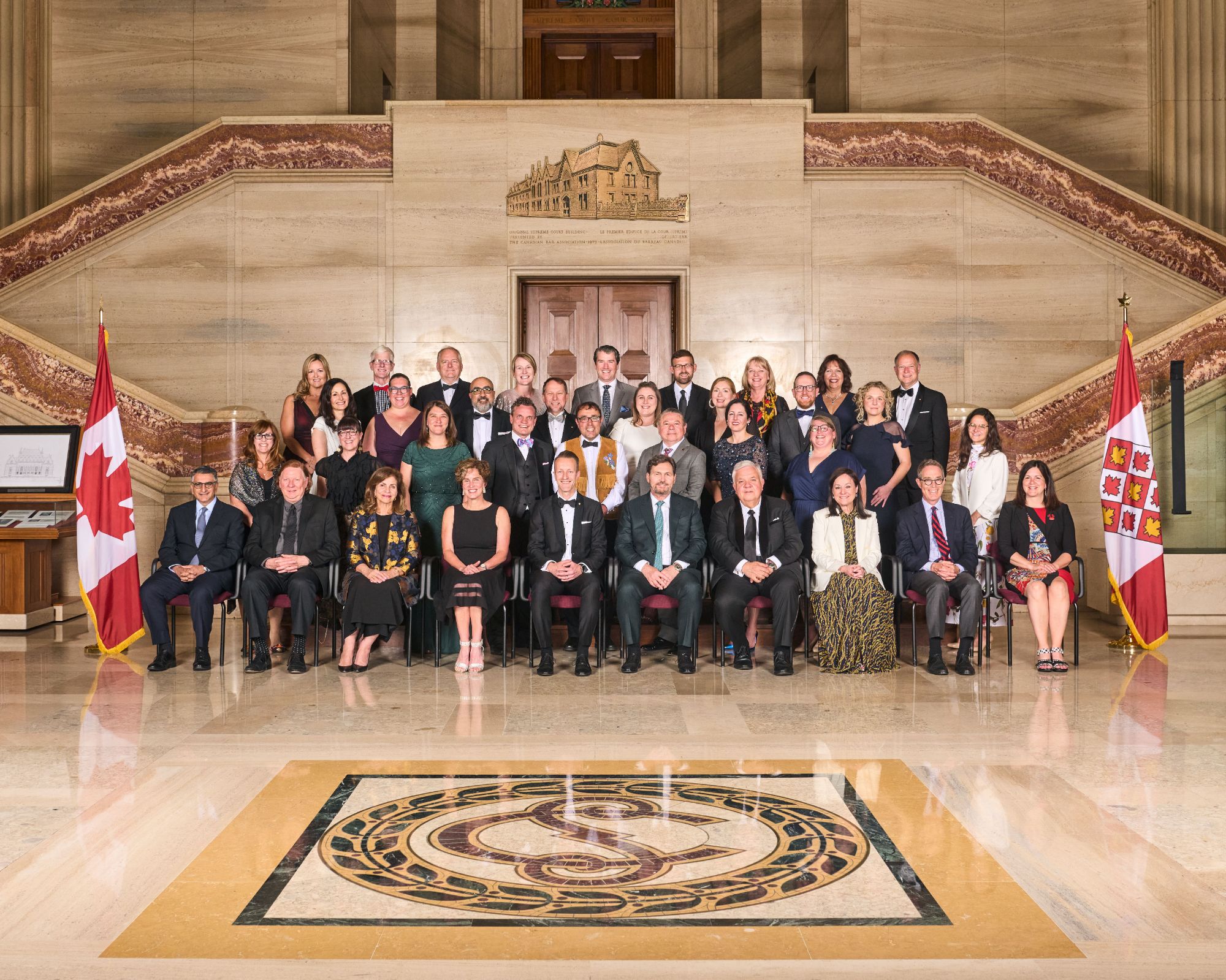
Justices from the Supreme Court of Canada welcome representatives from the Canadian Bar Association, Federation of Law Societies of Canada, and the Advocates Society.
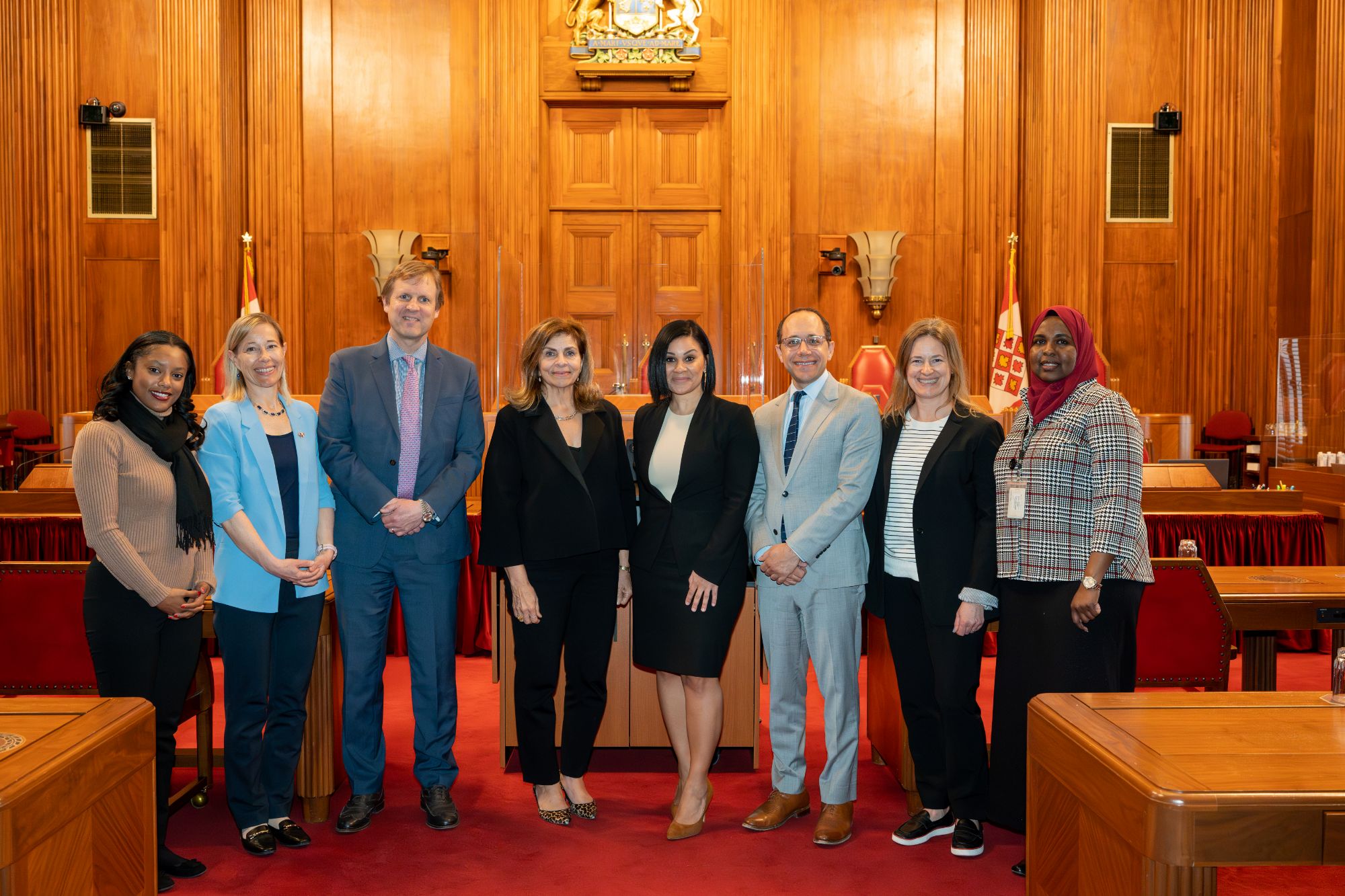
Justice Andromache Karakatsanis addresses participants from the National Action Committee on Access to Justice in Civil and Family Matters Annual Summit.
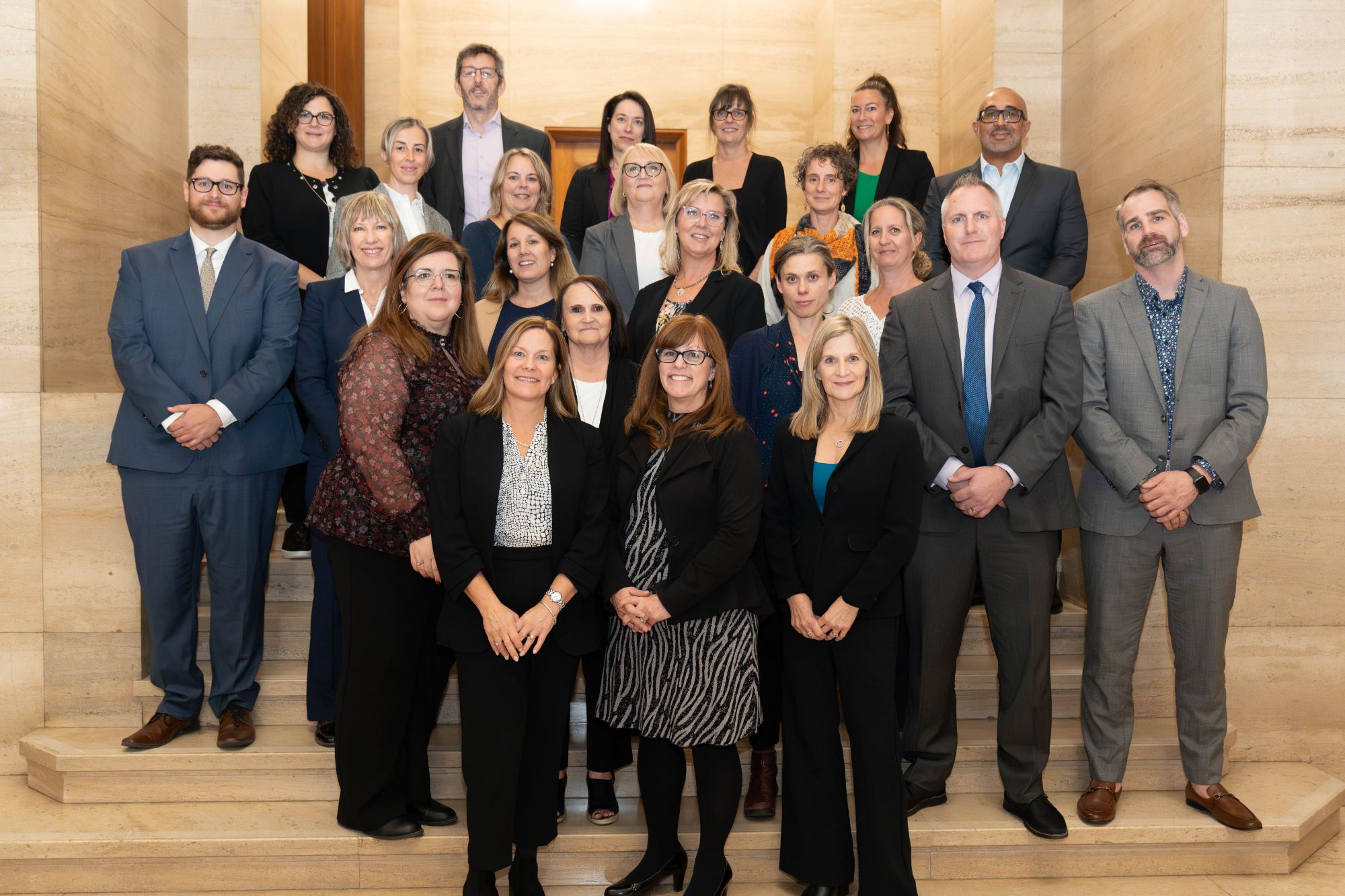
The Supreme Court hosted the closing meeting of the Heads of Courts Administration Annual Conference.
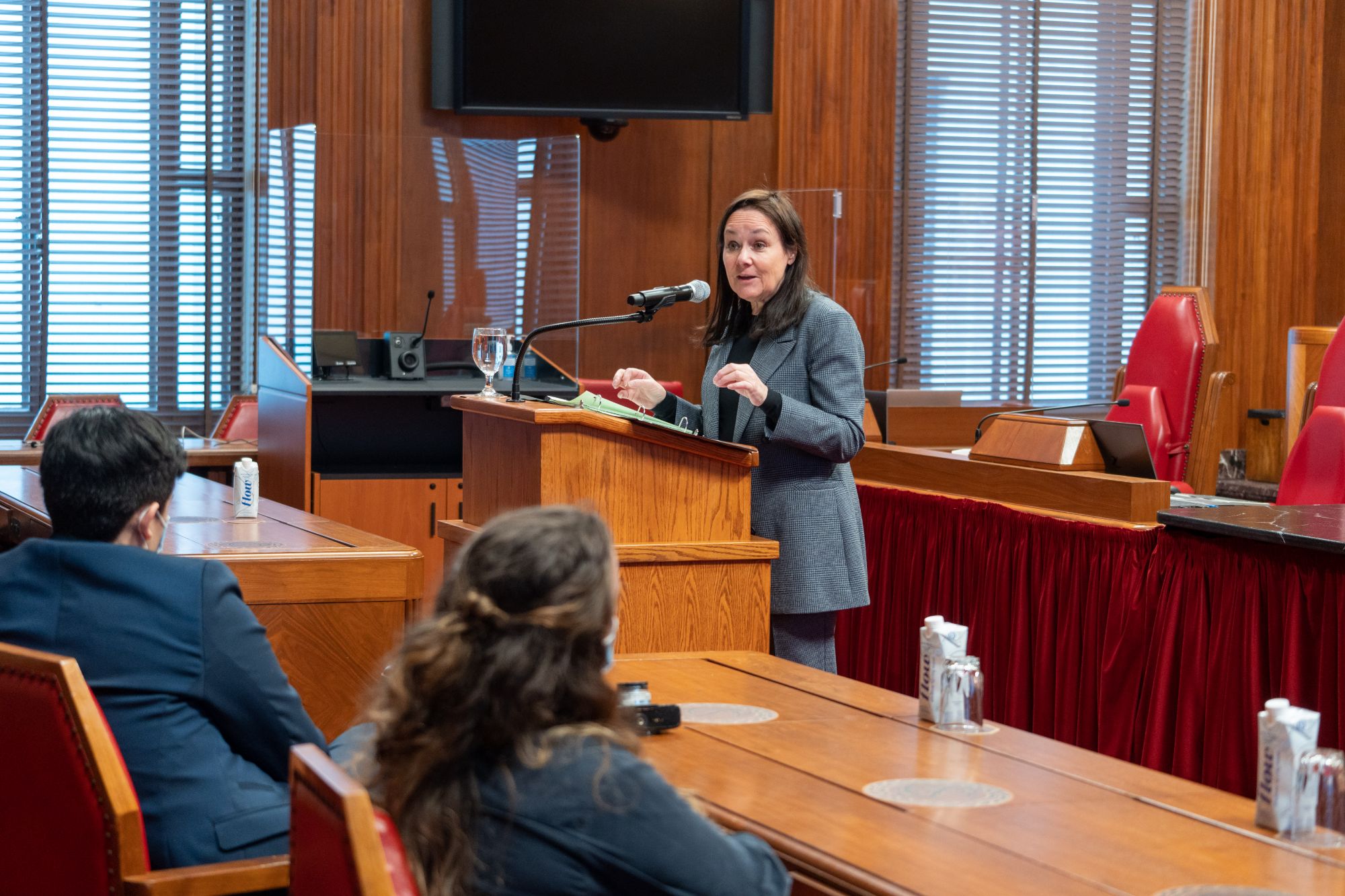
Justice Suzanne Côté welcomes students from Université de Sherbrooke.
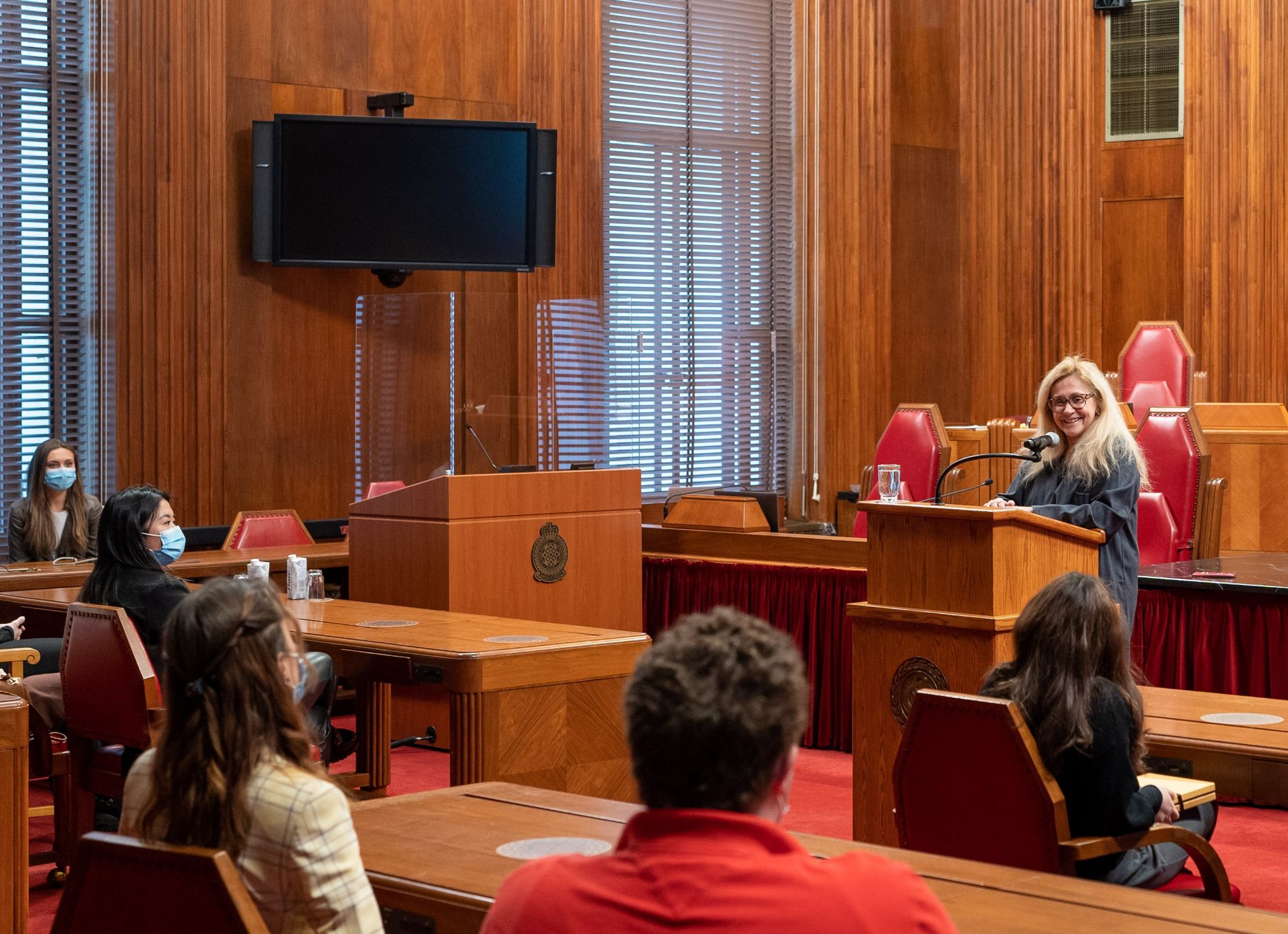
Justice Sheilah L. Martin meets with law students from the University of Ottawa.

Justice Nicholas Kasirer welcomes educators from the Teachers Institute on Canadian Parliamentary Democracy.
